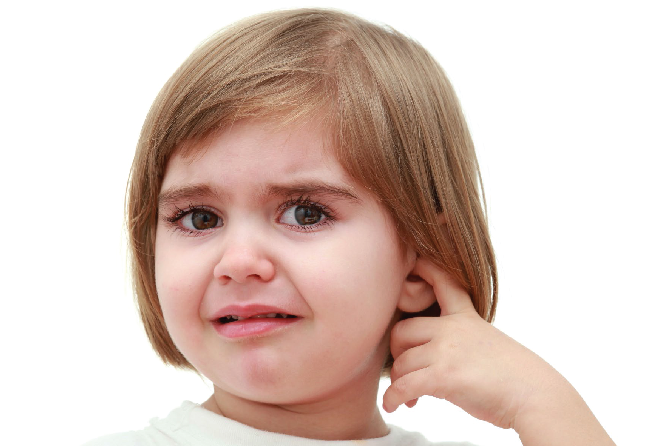Share

THINGS TO KNOW ABOUT CHILDHOOD EAR INFECTIONS
By Victoria Healthcare 11 April 2019

What is an ear infection?
— An ear infection is a condition that can cause pain in the ear, fever, and trouble hearing. Ear infections are common in children. Ear infections often occur in children after they get a cold.
What are the symptoms of an ear infection?
— In infants and young children, the symptoms include:
●Fever
●Pulling on the ear
●Being more fussy or less active than usual
●Having no appetite and not eating as much
●Vomiting or diarrhea
In older children, symptoms often include ear pain or temporary hearing loss.
Is there anything I can do on my own to help my child feel better?
You can give your child medicine, such as acetaminophen (sample brand name: Tylenol) or ibuprofen(sample brand names: Advil, Motrin) to reduce the pain. But never give aspirin to a child younger than 18 years old. Aspirin can cause a dangerous condition called Reye syndrome.
How are ear infections treated?
— Doctors can treat ear infections with antibiotics. These medicines kill the bacteria that cause some ear infections. However, some children can get over without using antibiotic, these are usually ear infection caused by Virus.
Doctors usually prescribe antibiotics to treat ear infections in infants younger than 2 years old. For children older than 2, doctors sometimes hold off on antibiotics.
Your child's doctor might suggest watching your child's symptoms for 1 or 2 days before trying antibiotics if:
●Your child is healthy in general
●The pain and fever are not severe
You and your doctor should discuss whether or not to give your child antibiotics. This will depend on your child's age, health problems, and how many ear infections he or she has had in the past.
When should I follow up with the doctor ? — You should call the doctor
●After 1 to 2 days, if you are watching your child's symptoms. If the pain and fever have not gotten better, your doctor might prescribe antibiotics.
●After 2 days, if your child is taking antibiotics and his or her symptoms have not improved or are worse.
What can I do to reduce the incidence of ear infection for my baby?
If your child usually has ear infection, ask your doctor for advice on what you can do to prevent recurrent ear infection.
The following things you can do to reduce the risk of having ear infections:
o Keep your child away from tobacco smoke
o Breastfeeding for at least 6 months.
o Do not give pacifiers for the child who is more than 6 months of age.
o Do not let your baby sleep with the bottle.
o Wash your hands and your baby regularly to avoid spreading the germs.
o Do not let your child exposure to other people who are sick.
o Every kindergarten teacher should only watch for about six or fewer children.
o Get vaccinated against seasonal influenza vaccines and other vaccines that your doctor recommends.


